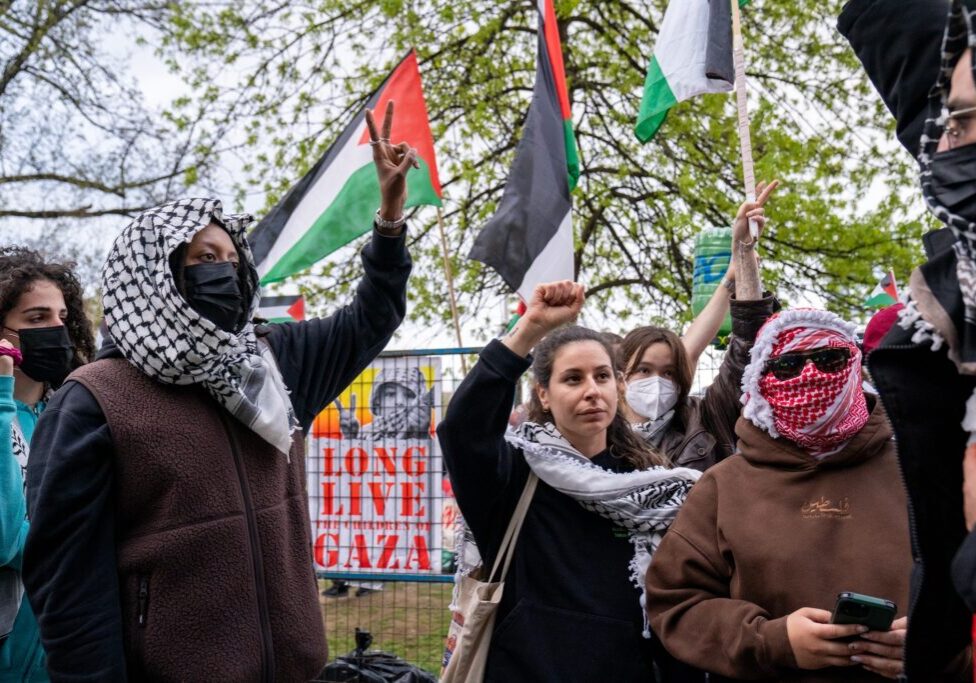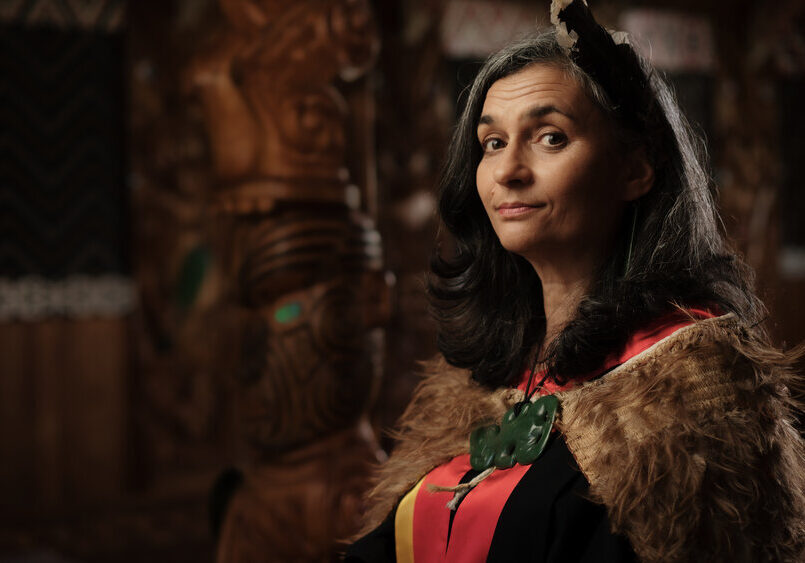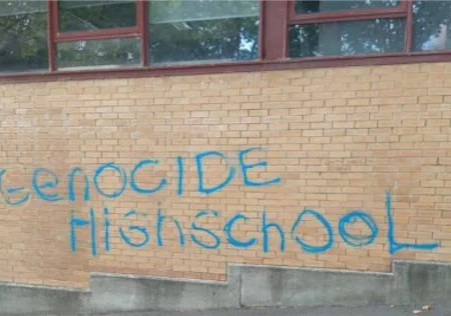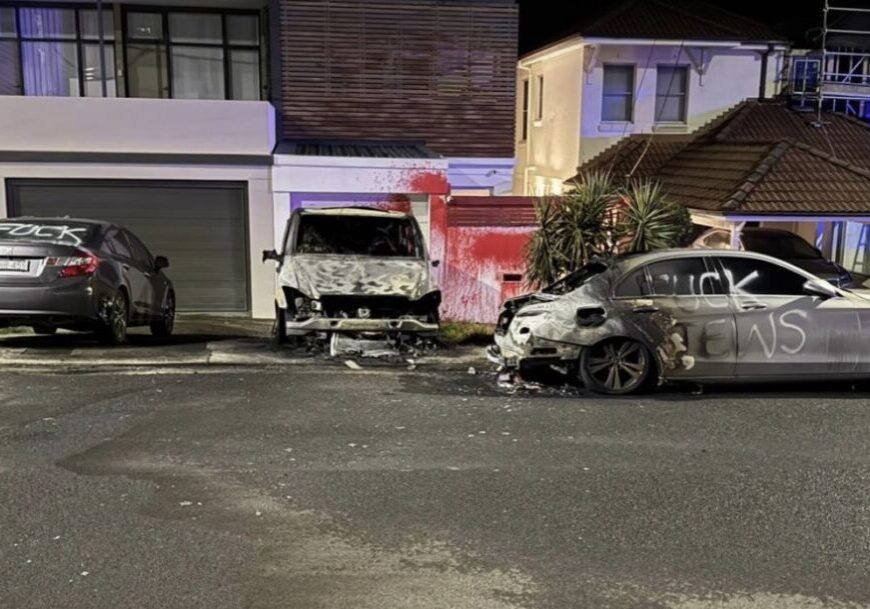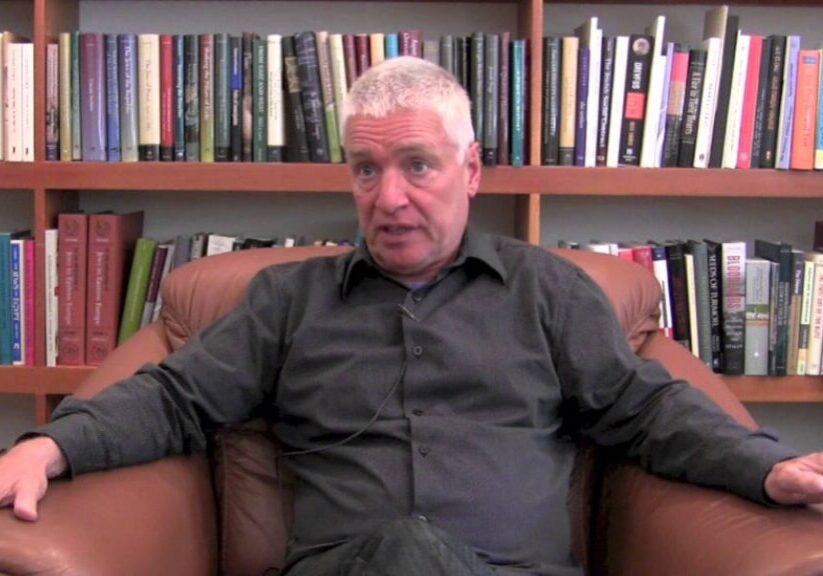Australia/Israel Review
AIR New Zealand: General-ly Surreal
Jan 1, 2007 | Miriam Bell
Since the announcement that an Auckland District Court judge was issuing an arrest warrant for Israeli General (res.) Moshe Ya’alon, who was visiting New Zealand, life has felt rather surreal…
In early December, former IDF Chief of Staff and head of intelligence Ya’alon made a private visit to the country. He was here as a guest for a JNF fundraiser, as well as to do a spot of hiking. Although most non-Hollywood-celebrity international figures making a non-official visit would pass unnoticed by the general public and the media, that was certainly not the case for General Ya’alon.
Not only did several Wellington groups organise “three days of action in solidarity with the Palestinian people” to protest against Ya’alon’s visit, but Auckland law firm LeeSalmonLong took an application for his arrest to court. The court papers alleged General Ya’alon was a central figure in the 2002 killing of suspected Hamas commander Salah Shehadeh, which also killed 13 civilians. As Ya’alon admitted to playing a part in planning the attack, the papers said he was a party to the bombing.
District Court Judge Avinash Deobhakta said the bombing had attracted international condemnation and ordered that an arrest warrant be issued. The judge said that the application, which was made in the name of a well-known Auckland pro-Palestinian activist Janfrie Wakim, established a prima facie case against the General and he was satisfied the information provided “good and sufficient reasons” to believe Ya’alon was one of those responsible for the bombing.
At this point, Attorney-General Michael Cullen stepped in and quashed proceedings. He said there was insufficient evidence to support any possible prosecution and it could not be relied upon to show a prima facie case against Ya’alon. “After careful analysis Crown Law was satisfied that the proceedings were invalid and the district court judge was unwittingly acting without jurisdiction.” Cullen added that no other country is seeking the former General’s arrest and there has been no such request from the International Criminal Court.
Cue extreme indignation, from a range of vocal activists, about the escape of the man quickly dubbed the “Butcher of Qana” from the clutches of the New Zealand judicial system. Janfrie Wakim said she was horrified, that Cullen’s actions were appalling, and that he lacked the political courage to stand up for the victims of the bombing. Her lawyer, (coincidentally, an old-childhood friend of mine) Davey Salmon, said Cullen’s overruling of the warrant could reflect poorly on New Zealand’s international reputation.
They were joined in their outrage by some familiar names. Green Party MP Keith Locke condemned Cullen’s decision and said it showed the government was less interested in justice for the Palestinians than in avoiding a diplomatic row with Israel. John Minto, lobby group Global Peace & Justice spokesman, said the Government wanted to avoid offending not just Israel but its patron, the United States. “Gutless political leaders are the chief ally of war criminals and Cullen fits the category perfectly,” he concluded.
However, Victoria University’s Director of Policy Studies, Dr. Andrew Ladley, said Cullen made the obvious decision, given the lack of evidence. Although New Zealand has a duty under national and international law to prosecute alleged war criminals where possible, Ladley emphasised a high threshold of proof is required to do so. Another human rights lawyer, Tony Ellis, agreed. He said he had been approached to take the case but declined as there was so little evidence to back the claims.
I had expected a “response” to General Ya’alon’s visit but from the moment the warrant was issued and my former childhood buddy announced his involvement, my aforementioned sense of surreal bewilderment settled in to stay.
Try as I might, I couldn’t think of any real precedent to the situation. [This includes the Rainbow Warrior bombers who committed an actual crime in New Zealand territory.] I still can’t remember any other political figure who has visited New Zealand, either officially or unofficially, and faced an arrest warrant for alleged war crimes.
Back in 2004, former Human Rights Commissioner Chris Lawrence took a civil case to the High Court on behalf of eleven New Zealand-based Falun Gong practitioners. The suit accused former Chinese leader Jiang Zemin and two other Chinese officials of torture, conspiracy and a range of other crimes – in their absence. While the court heard the suit, to date, I’m unaware of any decision. More recently the Falun Gong brought a suit against the visiting Chinese Minister of Commerce, Bo Xilai, but this too appeared to come to nothing.
Most international political figures visiting New Zealand attract little or no attention from either the general public, or the media. For example, just after Ya’alon’s visit, a group of six senior Arab diplomats (representing Lebanon, Egypt, United Arab Emirates, Syria, Kuwait, and the Palestinians) visited Wellington. This visit did not even make the news.
At the risk of gaining broken-record status, why is it only Israeli figures who seem to become embroiled in such high-level controversy? Given the flexible definitions and minimal level of evidence apparently provided in the Ya’alon case, it should be reasonably easy to make such a case against any visiting international official. Tony Blair on his visit earlier this year could, for example, have been arrested for involvement in British “war crimes” in Iraq. Why then did none of those protesting against his visit even try?
![]()
Tags: Anti-Zionism, New Zealand


